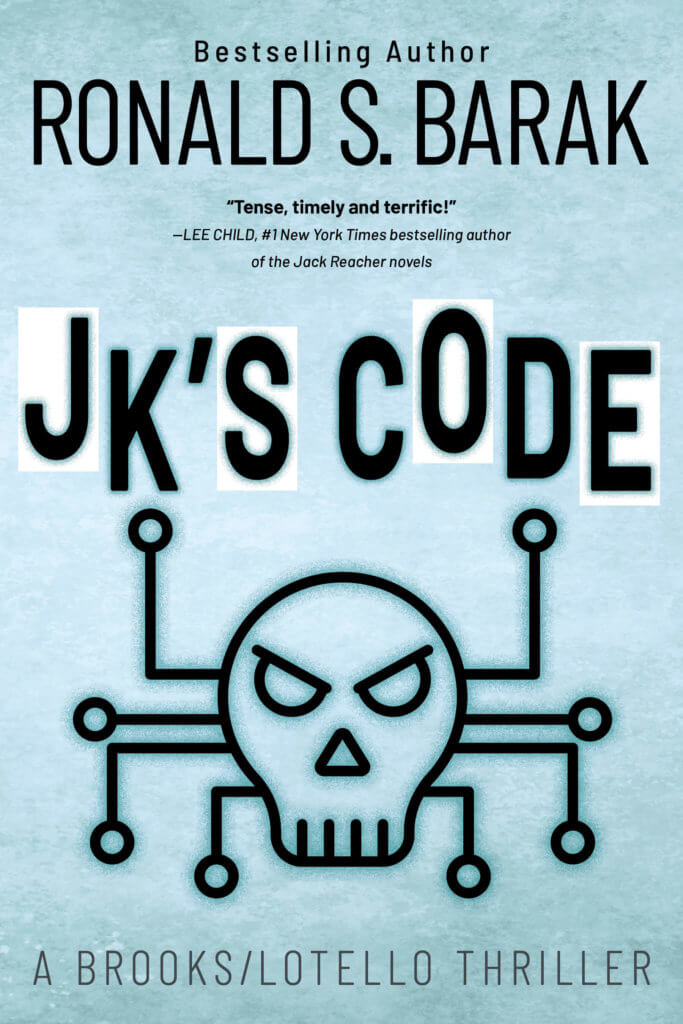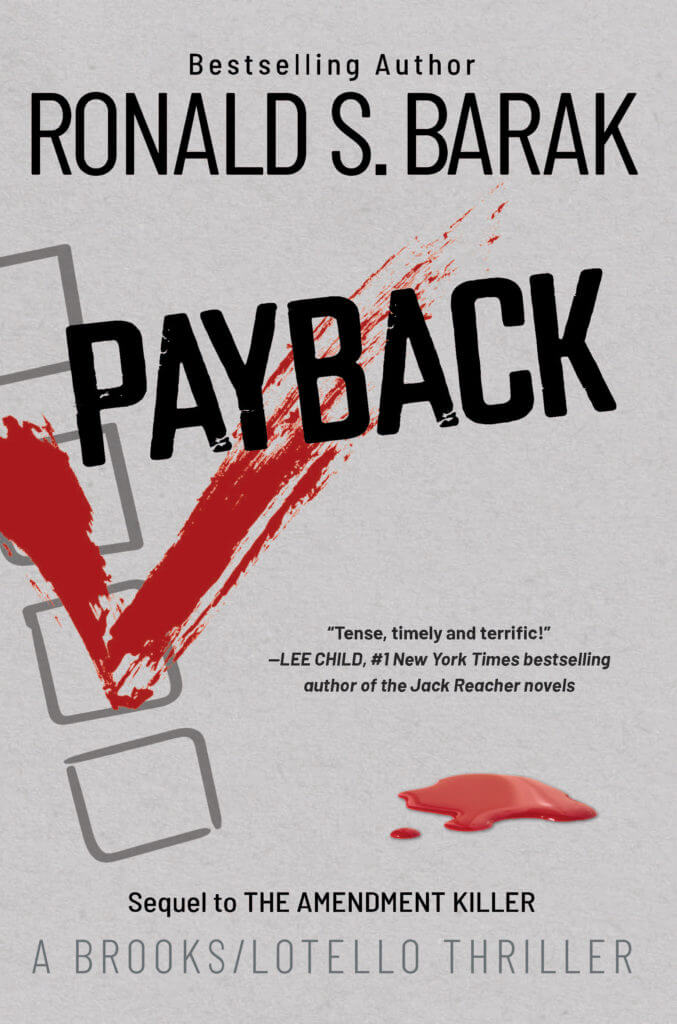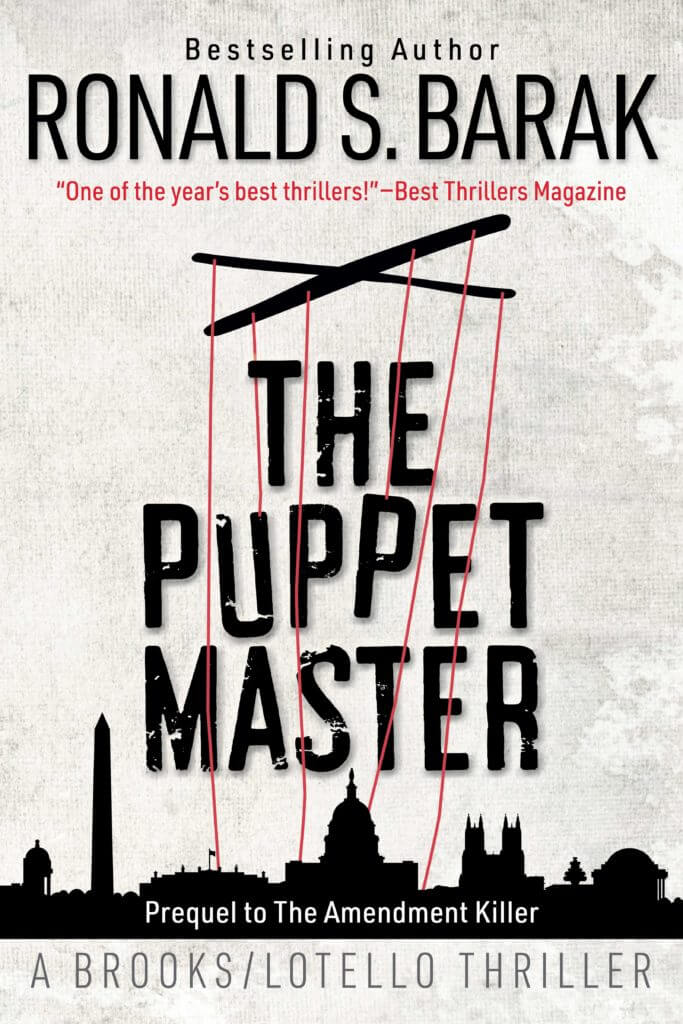 We’ve all seen those full page ads in our daily newspapers, right? They’re there every single day. The ones claiming miracle cures for our backs, our knees, our migraine headaches, our neuropathy, the excess inches on our waistlines, and whatever else ails us. Or the ability to make us richer than Donald Trump overnight. They all have one thing in common: They don’t deliver. They can’t. If it’s too good to be true, it isn’t. True.
We’ve all seen those full page ads in our daily newspapers, right? They’re there every single day. The ones claiming miracle cures for our backs, our knees, our migraine headaches, our neuropathy, the excess inches on our waistlines, and whatever else ails us. Or the ability to make us richer than Donald Trump overnight. They all have one thing in common: They don’t deliver. They can’t. If it’s too good to be true, it isn’t. True.
So, why are those ads still there? Day in and day out? Why are these shark oil salesmen paying those incredible fees to the newspapers to run these ads? Inducing their partners in crime–the media–to assist them in preying upon the weak and needy.
There are actually two explanations. First, there is a sucker born every minute. Desperate, empathetic folks who will do almost anything to improve their lot. Second, there are those newspaper publishers—who know better and are not empathetic—who will do anything they can get away with for the all mighty advertising dollar. (Well, maybe they are a little empathetic—they’re just trying to stay afloat in this era of digital news threatening their very existence. Who wants to read today’s news tomorrow when they can get it online today? So the print media needs the revenue no matter what they have to do to get it. Need a hot date?)
I’ve always thought media should have a duty (vs free speech) not to run irresponsible ads, but how far should they have to go to satisfy some due diligence duty to investigate? Consider what the FDA requires food manufacturers to disclose on their product labels. Consider all those drug ads you see on TV that tell you a thousand pox will befall anyone who actually uses the product (so much so, that no one pays these disclosures any attention, exactly what these advertisers are banking on). And how about the truth in lending laws that require detailed disclosures before home loans can be consummated, including three day cooling off rescission rights?
While a duty to investigate could theoretically be overwhelming, it doesn’t have to be that way. There are some ameliorating techniques. The law might define life significant areas that require ads to include standard disclosures (not as many as those in the TV ads or they will be ignored too, but rather just enough to put the consumer on effective notice of the Madison Avenue hype) that no evidence exists to support the claims and that potential consumers should consult their advisors and investigate on their own before proceeding. Funds for such investigation could be generated by increasing ad costs X% or media subscription costs by Y%, thus spreading the costs among advertisers or the consumers themselves.
Can we count on the media to police themselves? Not likely, but . . . there is some hope.
Google has recently issued a message for payday lenders: Your ads are no longer good on Google. It is now banning advertisements for payday loans in order to protect its users “from deceptive or harmful financial products.”
Google has a watchdog policy of disallowing “bad” ads and has banned other categories of ads that it has deemed dangerous, including those for explosives, guns, tobacco products, and recreational drugs.
The Community Financial Services Association of America, a payday lending industry trade group, calls Google’s decision “discriminatory and a form of censorship.” Will this lead to litigation as challenging such “censorship” under first amendment free speech principles?
Aside from the fact that the first amendment is meant only to apply to the government or quasi-governments (such as private academic institutions), it is not at all clear that the first amendment would apply to Google. Does it provide a governmental service? (If our political leaders continue to bury their heads in the sand on this issue, perhaps Google is providing a governmental service!)
More to the point, however, the right to free speech is not absolute, especially when public welfare or safety is involved. You can’t go in a dark theater and (falsely) yell “Fire.” You also shouldn’t be able to yell “We’ve got your back.” Or your knees. Or your cash flow. Or whatever. “Never mind the risks and the costs, which we don’t tell you about.”)
Facebook also has a policy to “prohibit ads about payday loans, paycheck advances or any other short-term loan intended to cover someone’s expenses until their next payday,” according to the social network’s website.
This is a good start, but we need to go further. If our lawmakers won’t do it (with some additional encouragement from their constituents), then perhaps we do have to count on socially conscious media leaders to step in and fill the void.
Join the discussion either by logging in just below or by signing into your favorite social media outlet. If you’re having trouble, please follow these instructions to guide you! Thanks!







